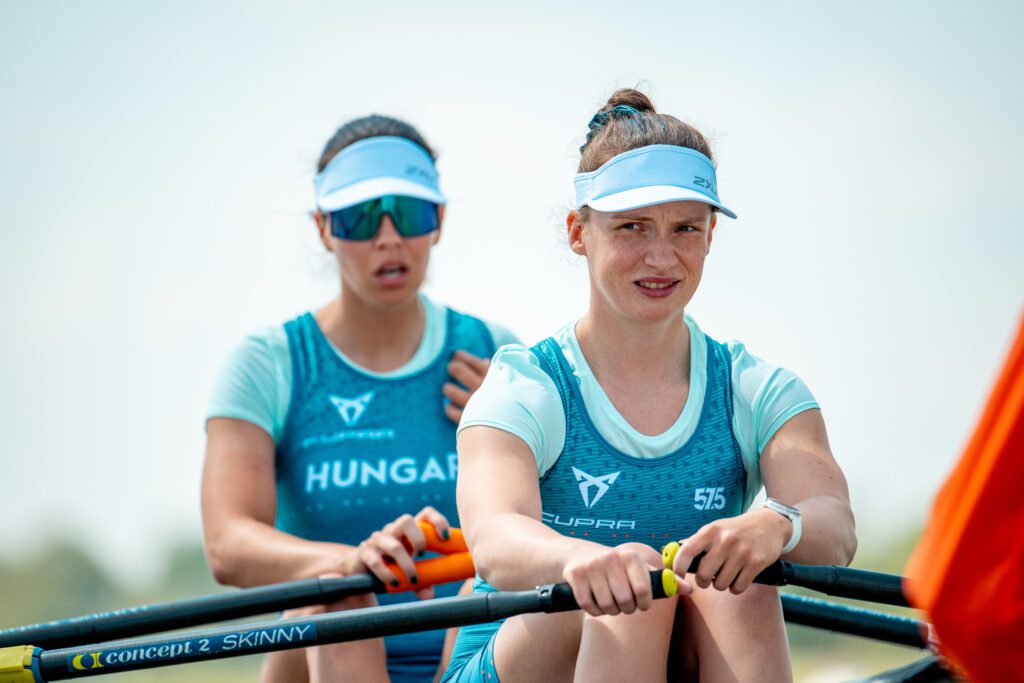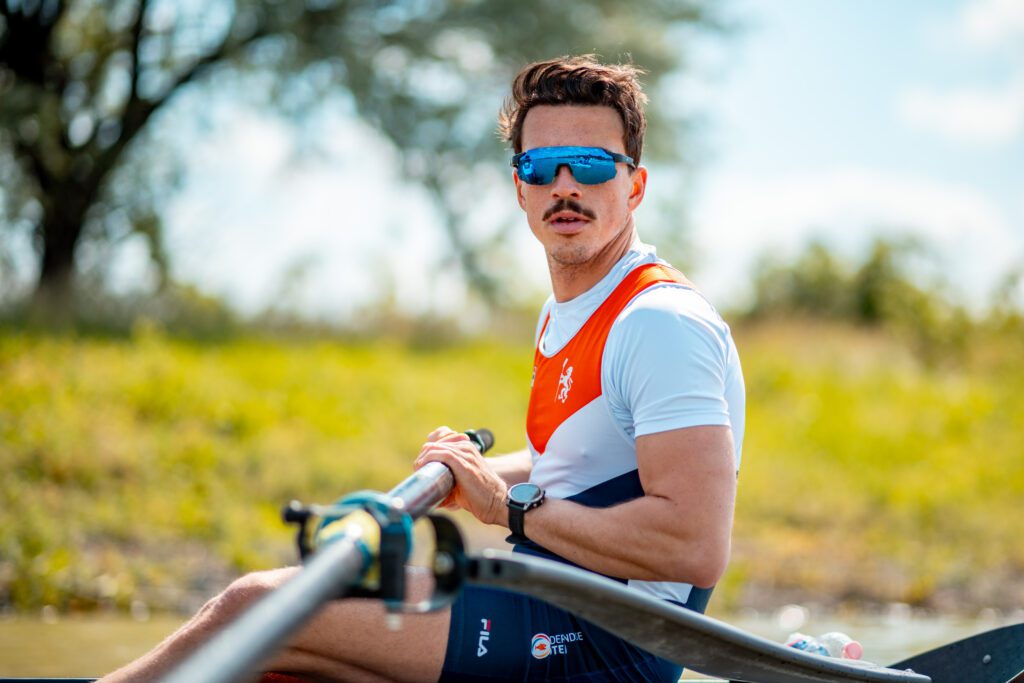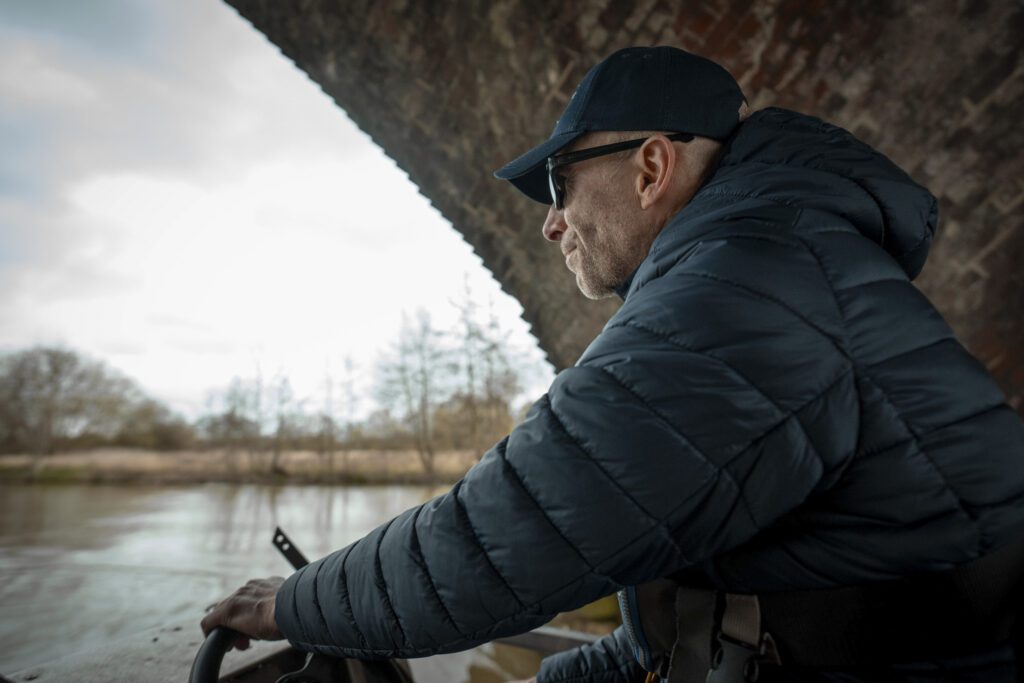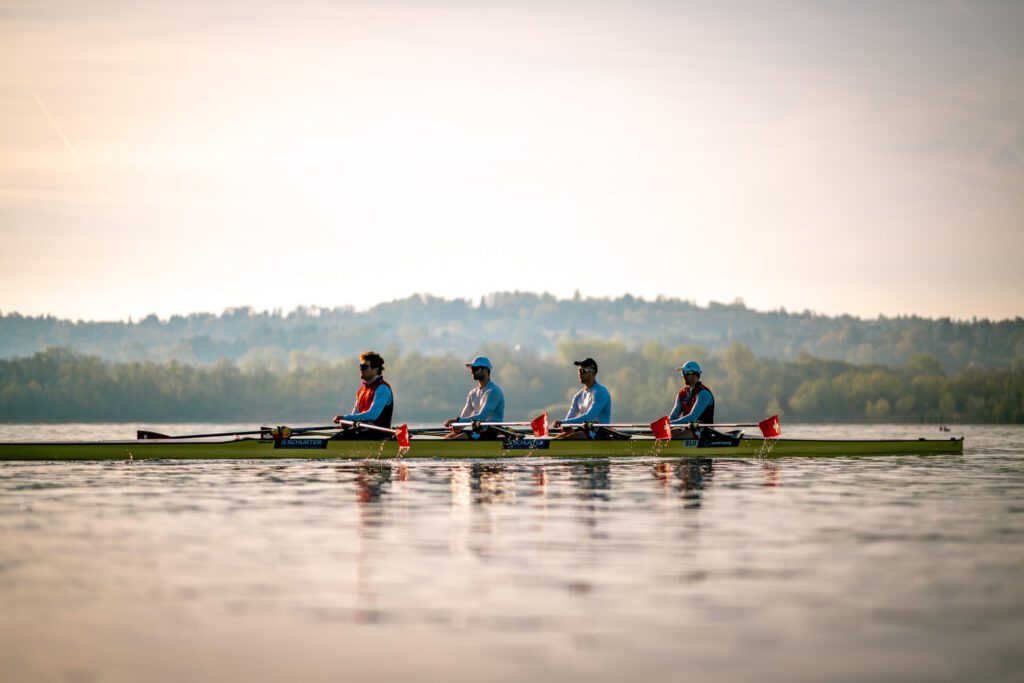Tokyo 2020 is the first Olympics at which transgender athletes are able to compete in their non-birth gender, but this is an area stirring up great emotion. In 2015 a landmark decision by the IOC declared that transmasculine athletes (those transitioning from female to male) could compete in male events without restriction, and that transfeminine athletes could compete as long as they had declared themselves as female for at least four years and had maintained a serum testosterone level below 10 nanomoles per litre for at least 12 months and throughout their period of competition as female, complying with regular hormone testing. This was a huge change, because it allowed those who wished to live as the opposite gender but could not afford or did not want to have sex reassignment surgery to compete on equal terms.
Howls were heard from both sides. It’s a big move to take surgery out of the equation, but does not solve the problem of the fact that testosterone levels do not map neatly onto either biological gender or physical ability. Runner Castor Semenya is famously an intersex XY woman who has naturally elevated testosterone levels, and has been banned from competing in middle distance races because these testosterone levels were deemed to give her an unreasonable advantage. Similar issues have arisen for other athletes with hyperandrogenism (unusually high levels of androgens — male sex hormones — such as testosterone). As the middle-distance rule demonstrates, the problem is that the impact of varying hormones and other genetic traits on success can vary depending on the sporting discipline. And there are many both inside and outside sport who worry about the effect of transgender athletes on cisgender women, so the ethics are complex.
At the Tokyo2020 Olympics the first openly transgender woman, weightlifter Laurel Hubbard (NZL), is due to compete on Monday 2nd August. Mid-way through the Games a public round-table discussion on transgender athletes was held during the Olympics by Ashley Abbott (comms director of the NZ Olympic Committee), Christian Klaue (comms director for the IOC), Richard Budgett (1984 GBR Olympic champion rower and IOC’s medical and scientific director), Mark Cooper (head of comms for the International Weightlifting Federations) and Katia Mascagni (IOC head of public affairs). Here are some of the things they discussed.
Christian Klaue: “We will try to provide a framework [during the next few months] which would help the international federations address that question of transgender athletes in their sport. It is different from sport to sport, and sometimes even from discipline to discipline, and sometimes even from event to event. The IOC will not be able to put one rule in place which is across all the sports, that’s the conclusion we have seen here. It’s not going to be [that] the framework comes out and the issue is solved, it’s a topic which needs to be addressed. And it really will require work for all of us in order to find this sweet spot for each sport, discipline and possibly event. This is an evolution which will continue. Science will inform the next step after whatever framework is being put in place, and probably in 10 years we will all look back and say ‘we never thought we would get to where we are’. We reach out to all the different groups and have them in our consultation process. That’s part of the balancing and finding out what people think in finding a solution which is in the interest of everyone.”
Richard Budgett: “What’s really important to remember is that trans women are women. And so, in the spirit of inclusion in sport, if at all possible, they should be included in sport. And it’s only where there’s evidence of real concern — that that would lead to a disproportionate performance advantage for those individuals — should any rules and regulations come in to change that eligibility. The IOC is determined to increase inclusion in sport as one of the fundamentals, but at the same time our highest, highest priority is fairness. The current guidelines that have been developed are all about that balance between safety, inclusion and fairness.”
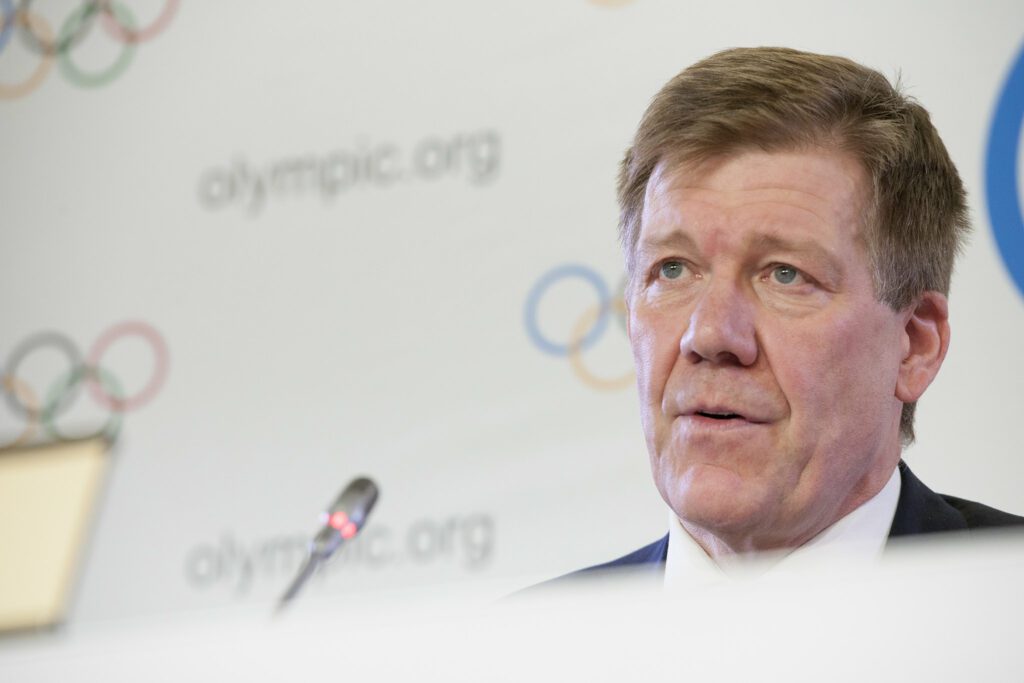
Photo Dr. Richard Budgett, IOC Medical and Scientific Director
Credit IOC
Richard Budgett: “Now I think it’s up to the whole sporting movement, and particularly international federations, to make sure that they do protect women’s sport. And the other important thing to remember is that transgender women are women. So you’ll include all women, if you possibly can. It’s something that science will help with, time will help with, experience will help with, to make sure all women have an opportunity. There is not enough good evidence base there [yet] to make those decisions scientifically. But in every field of medicine and science, the conclusion of most academic papers is more research is needed. So there’s always more research needed. We do need more evidence, because it’s easy to compare cisgender males and cisgender women in performance, but it’s just not as simple as that. Clearly, it would be unfair [to compare cisgender women with transgender women in sport]. But there is a whole effect of transitioning, which is going to be different in different individuals.We don’t know the degree of disadvantage exactly from that whole process of going through transition on your own physiological and mental state. And it’s going to be different for different individuals and have a different impact in different events.”
Richard Budgett: “Given there’s been no openly transgender women at the top level, until now, I think the threat to women’s sports in general is probably overstated. I hope that people will actually begin to see that they are all part of society. Everyone has a right to take part in sport. And then perhaps, at the very elite level, we have eligibility rules where we try and get everyone involved, as much as helpful.”
Mark Cooper: “We are committed to inclusion because weightlifting is a universally accessible and university useful sport and activity. And so once you establish inclusion, you then start to look at fairness. It’s a very complex issue, we’re all learning more about all the time. For any international federation like IWL who is dealing with this, then it’s important to deal with it carefully.”
Katie Mascagni: “The research needs to be more contextualised. What might be true for rowing and this specific discipline — where potentially testosterone or other aspects come into play in order to justify the reasons there is a disproportionate advantage — might be totally irrelevant in another context. That kind of research is what needs to be done, moving from the generalities, which tend to consider everybody in the same way in order to determine if that category is allowed or not allowed. The contextualisation is critical for research.”
